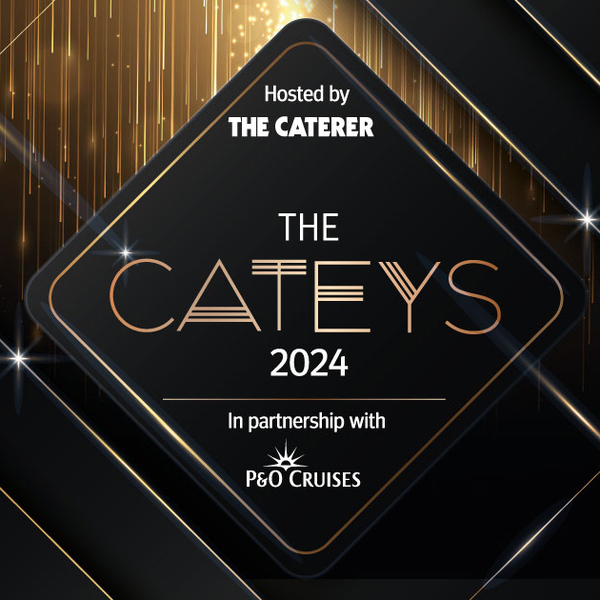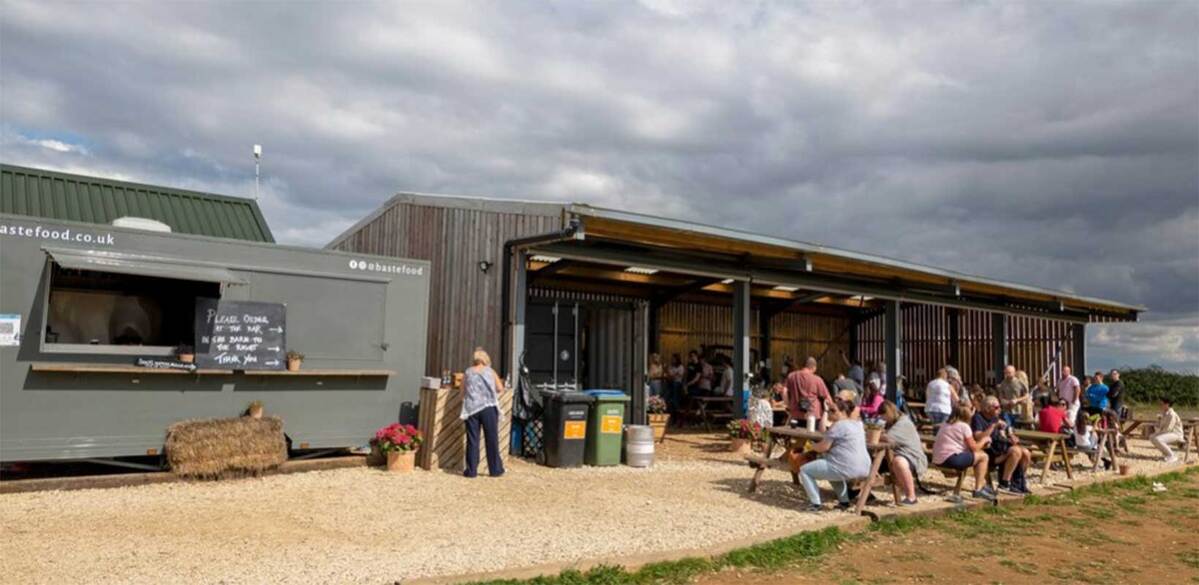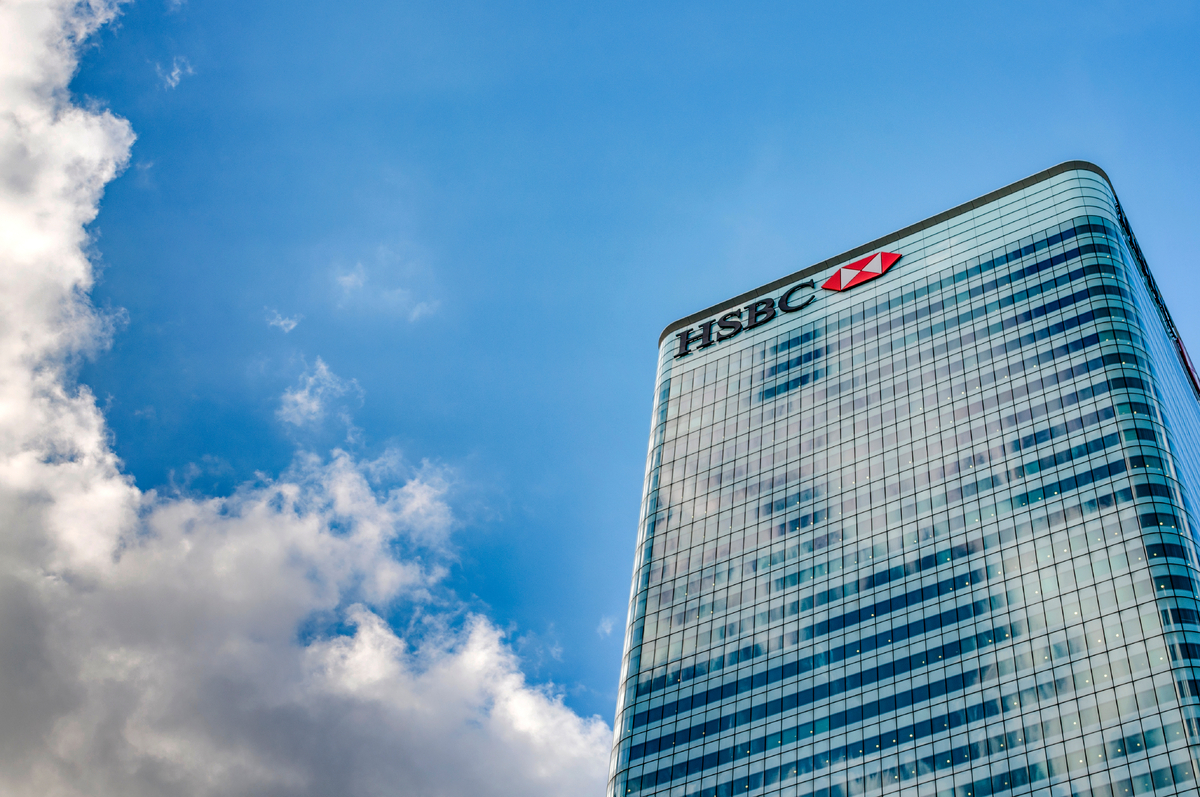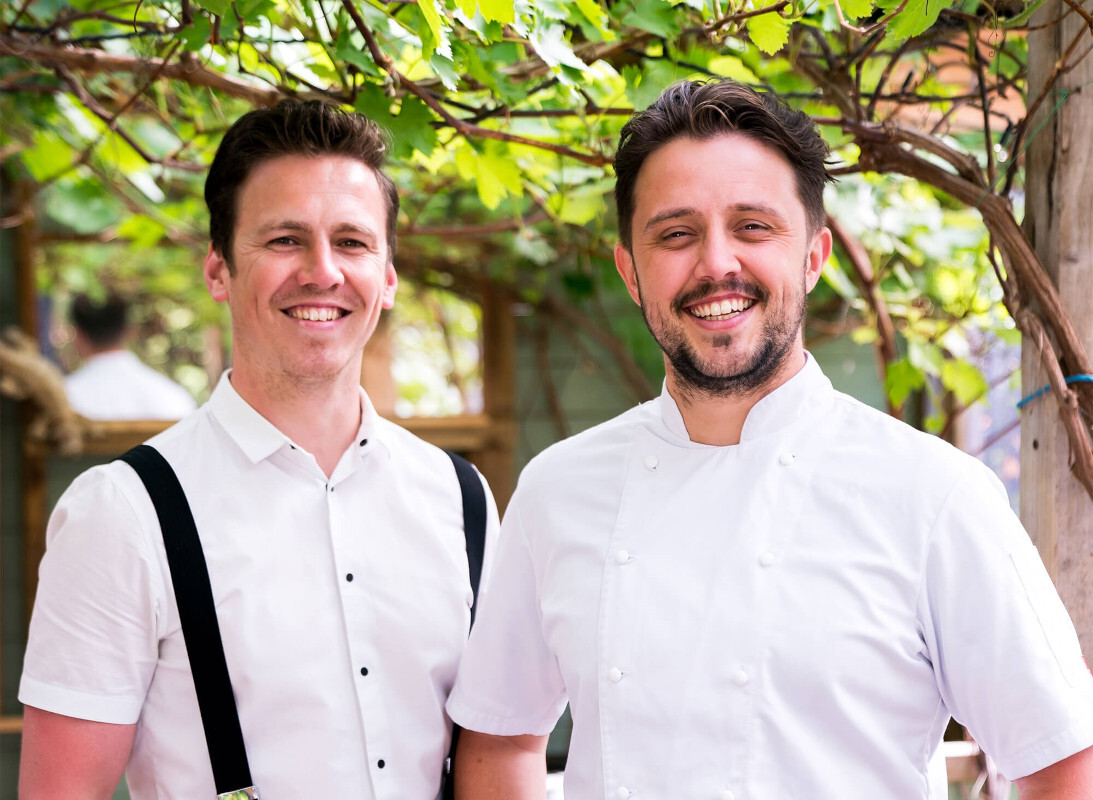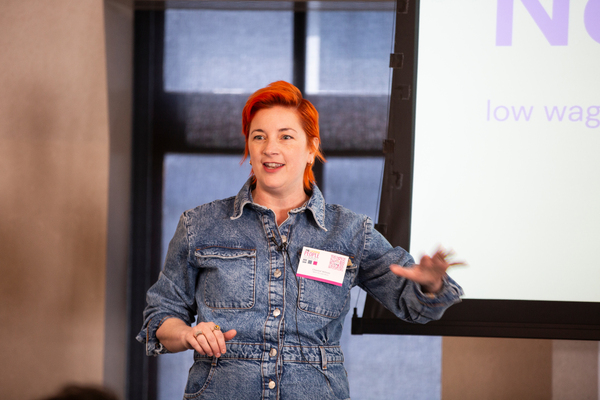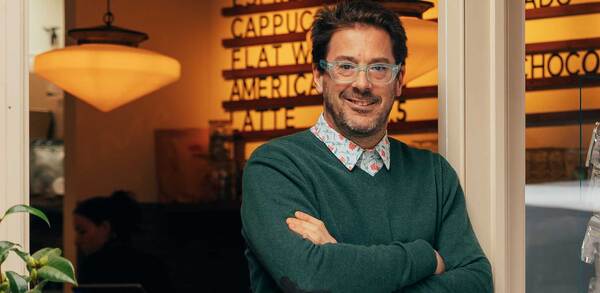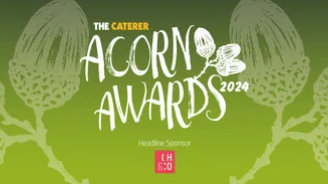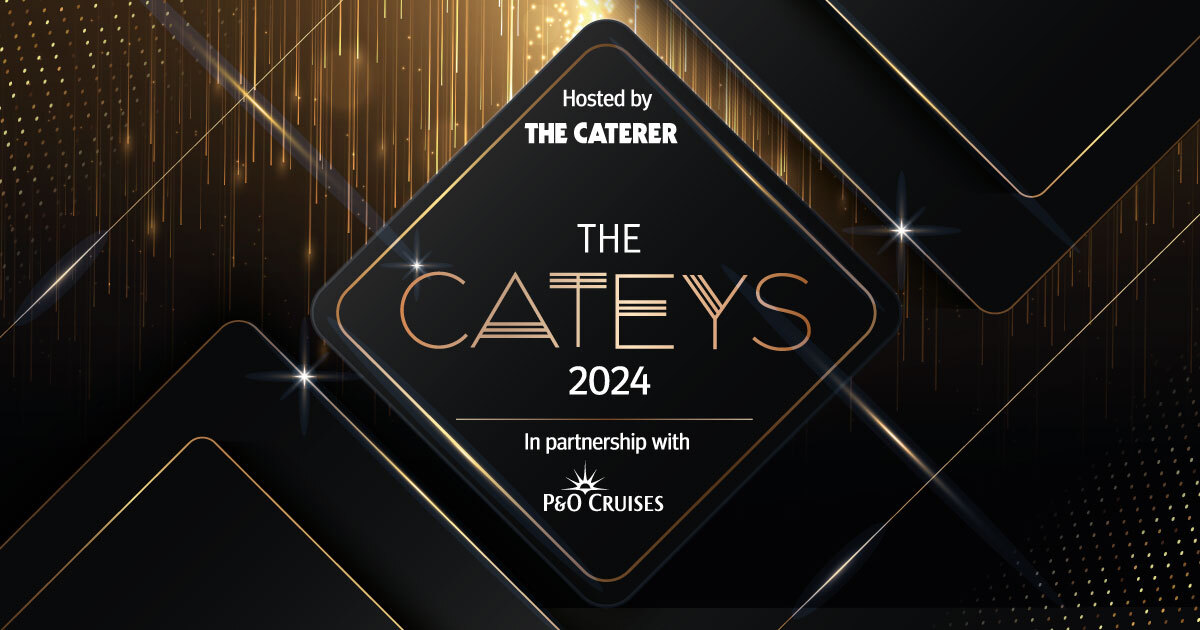Staying ahead of fraud
When Deidre Kaye received photographs showing an infestation of cockroaches at her hotel, she turned white, but the shock soon gave way to anger when she realised the photos were fake.
"Of course I was apprehensive. Though we have regular checks here, even the thought that we might have cockroaches was traumatic," says the managing director of the Waterton Park Hotel, near Wakefield, West Yorkshire.
Even more traumatic was the fact that the man who sent the pictures was demanding £3,000 from Kaye to keep his mouth shut. If he didn't get the cash, he promised, the photos would be sent to the press and the local environmental health department.
In fact, the Waterton Park did not have cockroaches. It never had had and it hasn't now. Kaye was being threatened by a fraudster and extortionist of a particularly unpleasant kind.
Unfortunately for the fraudster, his extortion efforts were fatally flawed. After he had telephoned Kaye with his demands she called in Rentokil to give the hotel the all-clear, spoke to the environmental health department and contacted the police.
It was a textbook response. When the extortionist turned up at the hotel with the remaining photos the police secretly tape-recorded the conversation.
He was arrested and when the photographs were analysed they were found to be fake. The case came to court last September and the fraudster was jailed for 15 months for attempted blackmail.
As an example to hoteliers of how to deal with fraud the case was perfect from start to finish. Kaye responded quickly and sensibly, the police stepped in to help and the fraudster walked into the trap that was laid for him.
But that doesn't mean it was easy for Kaye, as she explains in retrospect.
"The problem with this sort of story is that people are always inclined to believe the worst, even if it is only rumours. It was a very worrying time, especially as it was nearly a year from when he first started trying to blackmail us and the case eventually coming to court."
Nevertheless, the quick, firm and decisive behaviour of Deidre Kaye clearly worked in this case. The problem for the hospitality industry in general, is that fighting fraud and crime is not always so clear cut.
Types of crime
This is partly because, though fraud and crime cost hotels money, they are not always as sinister as the Waterton Park Hotel blackmail case.
Martin Couchman, deputy chief executive of the British Hospitality Association separates crimes against hotels into a number of categories.
"There is the straight walk-out, where a guest simply leaves without paying the bill, credit card fraud, theft by guests, theft by staff and the more exotic scams which we hear about from time to time."
Assessing the cost of crime to the hospitality industry is difficult. Fighting the various types of crime poses a number of problems, though hoteliers do have a number of effective weapons in their armoury.
"In general, credit cards help cut down on walk-outs. Although obviously this doesn't apply where there is credit card fraud," continues Couchman.
"For the rest it is mostly about vigilance, although there is some legislation which the industry can call on. The Hotel Proprietors Act 1956, for example, limits hotel liability for guests' property. This legislation is a direct result of guests fraudulently claiming they have had expensive items stolen from their rooms."
Currently hotel liability is limited to £100 per guest and £50 per item when possessions are stolen from rooms but, if the hotel accepts items for safekeeping, the liability is not limited.
The best advice to the hotelier is to be vigilant. Put simply, tight security and generous hospitality are not easily mixed.
Hotels need to decide the degree of trust they are prepared to invest in their guests. Neal Crocker, marketing director of Swallow Hotels, applies what might be called the hairdryer test to assess how much trust is on offer.
"Some hotels go to great lengths to ensure that a hairdryer is not pinched. Holes are drilled in walls, wires are passed through the holes so that the hairdryer can't be unplugged and fittings are bolted securely to the wall.
"The problem is, these precautions may imply to the guest that they are considered to be potential thieves. A very careful balance has to be struck between vigilance and trust."
In any case, argues Crocker, theft is not as commonplace as might be imagined.
"The majority of our guests are law-abiding and honest. To treat them otherwise would be a grave insult," he adds.
Nevertheless, hotel theft can be highly organised and thoroughly systematic. The most effective way of beating it is to be equally organised and systematic. D'arcy Lentle, chairman of the Institute of Hotel Security Managers, advises: "Information can be passed between hotels remarkably quickly, which is why pooling information is so important."
Lentle, security chief at the Forum Hotel, London, says that if any institute member experiences fraud, a walk-out or any type of problem, they immediately advise other hotels in the area to be on their guard.
This collective approach works because most hotel crime is committed by a relatively small number of people who often commit a string of crimes in quite a small area.
The Manchester Hotels Security Group, formed mainly from city centre hotels last year, is one of several similar groups being formed all over the country. It has monthly meetings and was successful within a few months of its formation when several hotels realised they were suffering from a high level of linen theft.
The police were informed and within weeks a large amount of linen was seen on sale at a car boot sale. As a result the thieves were arrested and convicted.
Such convictions are satisfying, but sometimes hoteliers are faced with the delicate problem of dealing with suspected pilferers on the spot. Which raises the question of how best to confront a guest who may have stolen hotel property.
There is no easy way to accomplish this, according to D'arcy Lentle.
"If we intend to confront a guest who may have taken hotel property, then we would use the same procedure as the police.
"This means basing accusations on fact, not hearsay, and dealing with the situation as sensibly as possible," he says.
"Obviously evidence is vital. Many hotels have CCTV, which is useful if things are taken from public areas, but whatever happens hoteliers must be certain of their ground before accusing a guest."
Inspector Mike Gillott, business crime prevention officer for the Metropolitan police, agrees and underlines D'arcy Lentle's view that hotel co-operation is strongly supported by the capital's police hotel information unit, which covers central London and the Heathrow hotels.
"The unit plays a vital role in collating information and spotting trends so that new frauds can be identified and hotels warned about what to expect," Inspector Gillott says.
Grand style
Because of shared information, tricks, such as the dry cleaning scam which has surfaced and resurfaced in various forms in recent years, have become widely known. The most famous case occurred three years ago when a fraudster grandly styled as Lord Williams of Alton, sent dry cleaning bills to a string of well-known hotels and restaurants including Chez Nico and Langan's Brasserie, neither of which was fooled.
The scam is simple. The dry cleaning demand is based on wine allegedly spilt on clothes during a meal. The bill may only be for a few pounds but a small bill sent to a hundred restaurants adds up to a tidy sum.
In cases like this the fraudsters are rarely caught, which is a source of frustration to hoteliers who have worked round the clock to stay on their toes and be aware of what's going on.
For Kevin Lorimar, general manager of the Lythe Hill Hotel in Haslemere, Surrey, such frustration was clearly apparent when he stood firm against a fraudster last year.
It was Lorimar's suspicions that stopped a conman stealing almost £400 from the hotel.
Following a booking made for three nights in the name of Kom, Mr Kom telephoned the Surrey hotel saying that theatre tickets were being sent from London and would the hotel put the price of them on his bill.
Concerned at the £375 cost of the tickets, Lorimar requested authorisation of Mr Kom's credit card. Although the hotel received the necessary authorisation, a follow-up call revealed that the address given was incorrect, meaning that, if the charge-holder queried the payment, it would be withheld.
Later that evening, a taxi arrived at the hotel with an envelope addressed to Mr Kom and instructions to collect the £375 and return to London. Lorimar decided to open the envelope. Inside were no theatre tickets, just pieces of plain card. The Koms were never caught.
With hindsight, Kevin Lorimar feels fortunate that he spotted the scam, but disappointed that the fraudster was not caught.
"I actually think it would have been easy for me not to have spotted it. I am lucky in that, as general manager, I can, within reason, do what I want so I was able to take responsibility for opening the envelope."
Lorimar also believes that a key element in winning the battle against fraudsters is to encourage staff to be on the look-out for potential problems.
The use of a credit card in the theatre ticket scam indicates how careful hotels and restaurants must be when dealing with credit cards.
Card checks
While the credit card may act as a guarantee, hoteliers must do everything in their power to ensure that the card has not been stolen or is false in any way. If there is a doubt, the best course is to telephone the card company involved to check authorisation. Check, check and double check appears to be the best advice available. Visa, American Express and Access all say that hoteliers should telephone the card company if they are in any doubt about a card's authenticity, or the authenticity of the person using it.
If theft or fraud by guests is a tricky security problem, then the same activities performed by staff is another. Though many hoteliers have to deal with this problem at some time in their careers it is never easy.
Neal Crocker, at Swallow Hotels, says: "You face the same issue of trust in your staff and it would be insulting to watch them like a hawk all the time. I prefer to assume honesty without being naïve. Again, mixing trust with a certain amount of vigilance is the key."
For guest or staff crime and fraud there appears to be one basic lesson for hoteliers and restaurateurs: be vigilant, work with other hotels if you can and mix trust with awareness in careful measure.
"It's basic but not simple," says Inspector Mike Gillott. "It's all about staying one step ahead by being awake, careful and cautious."
